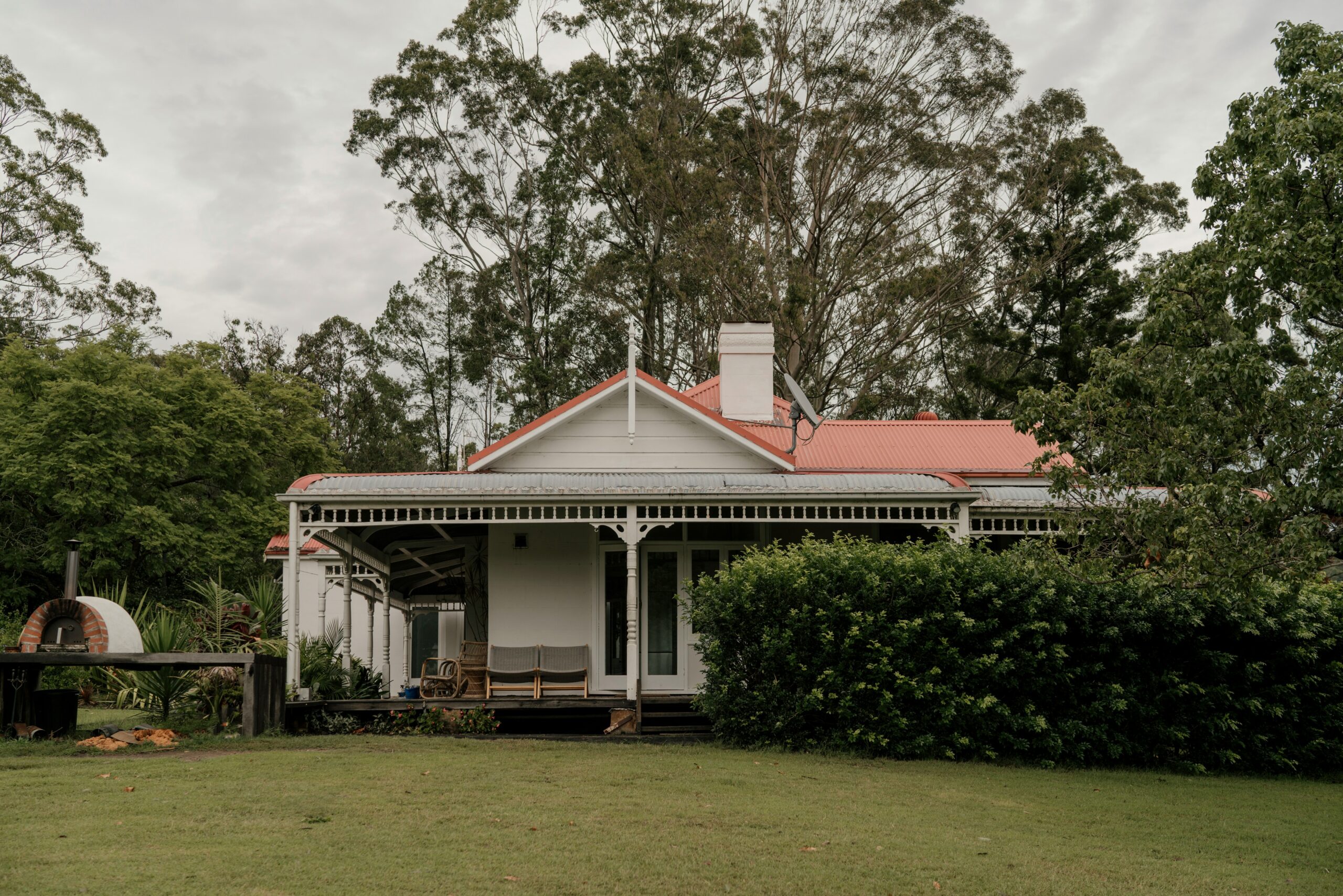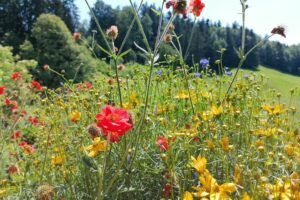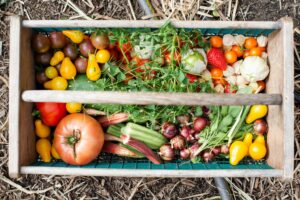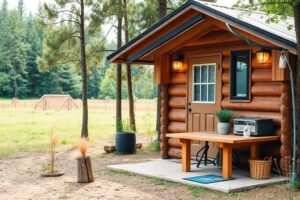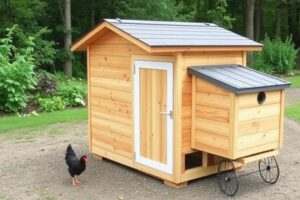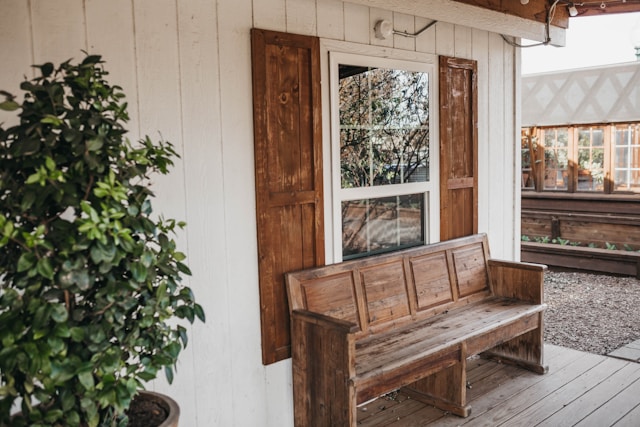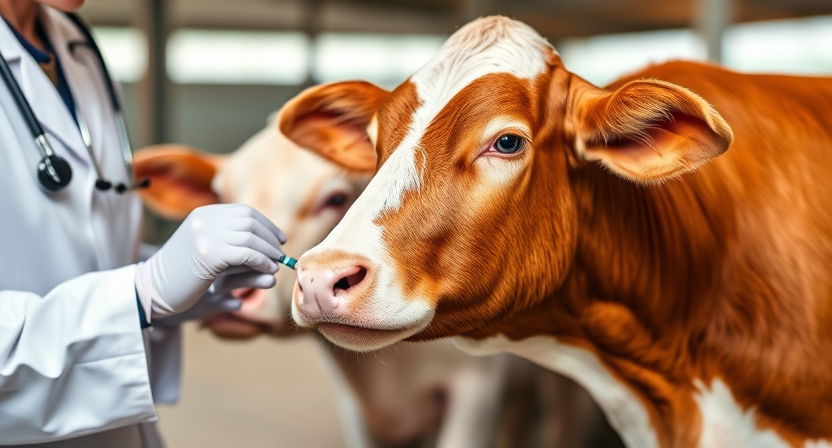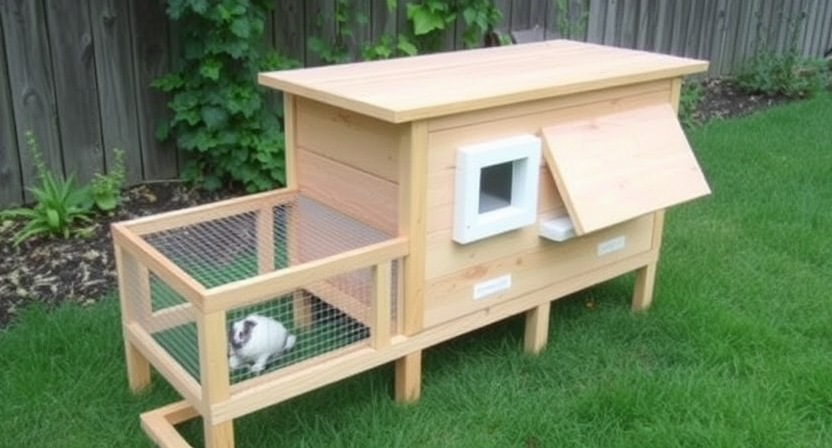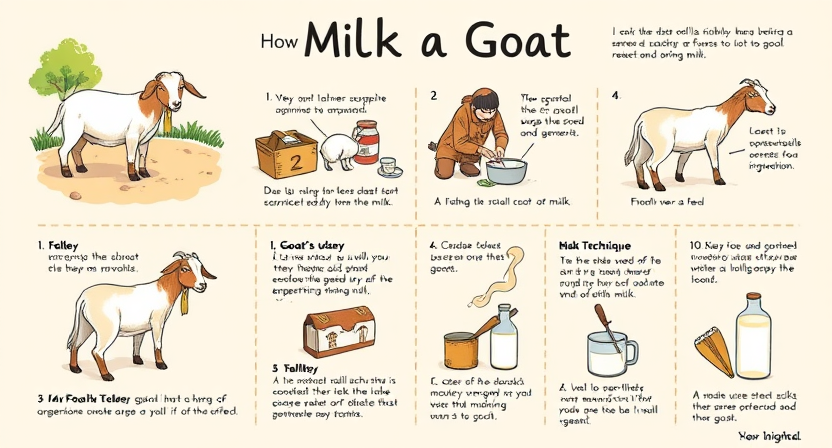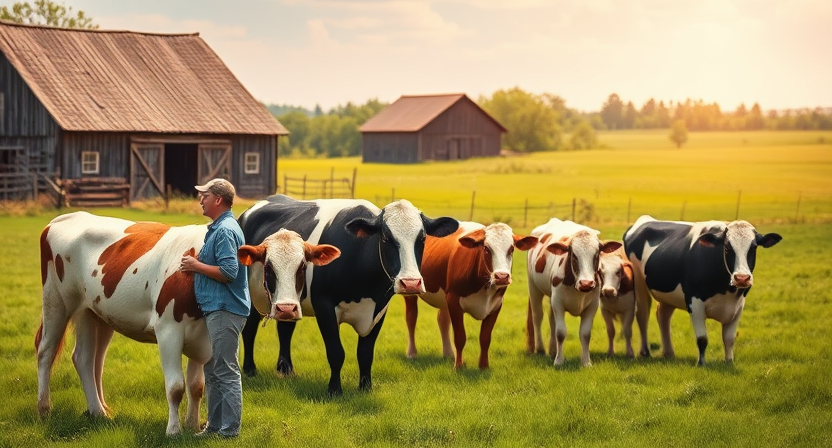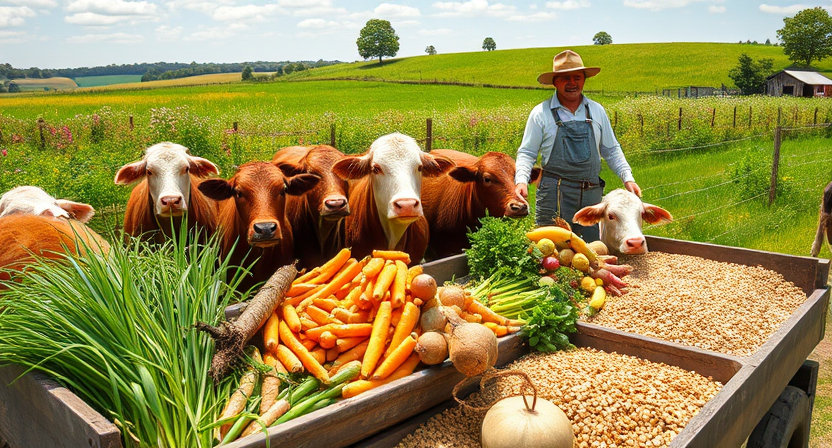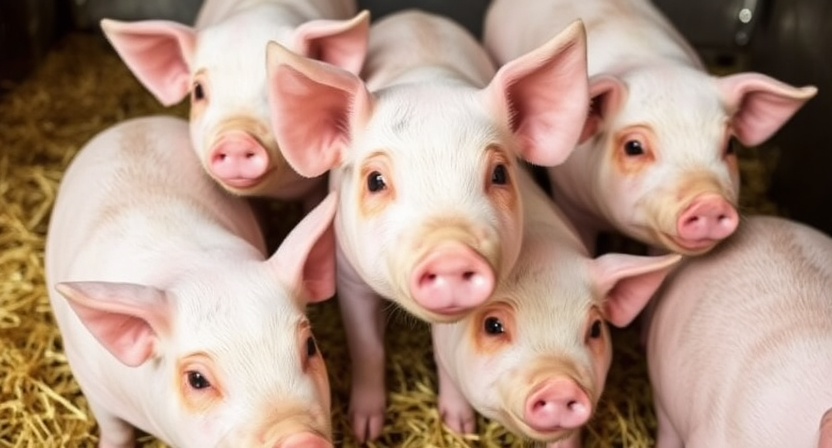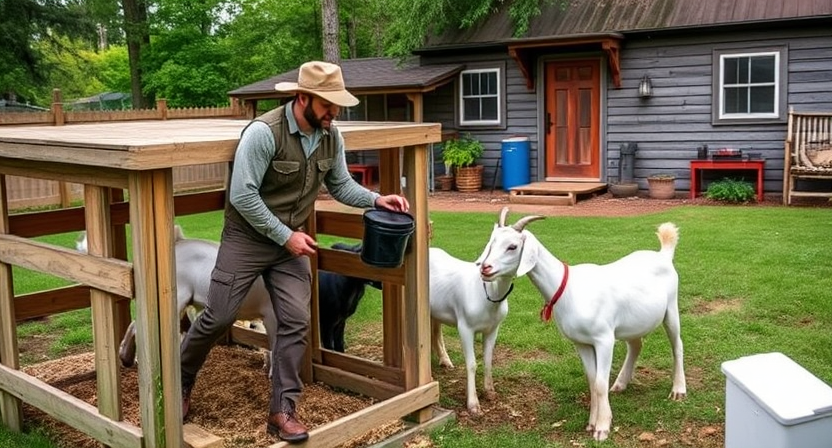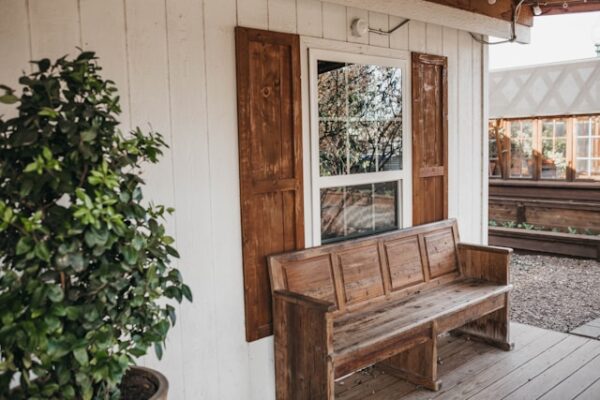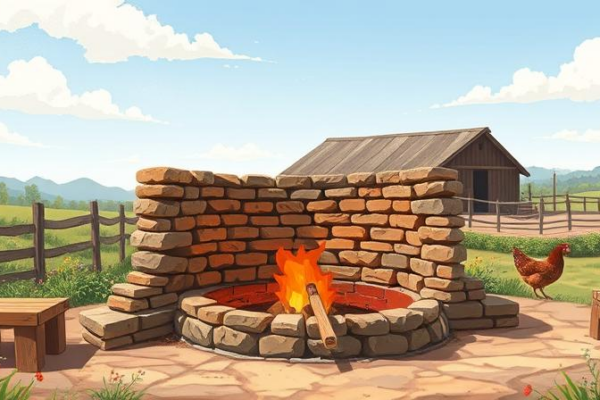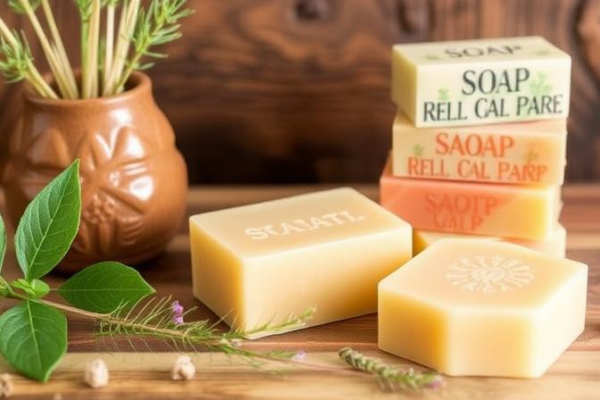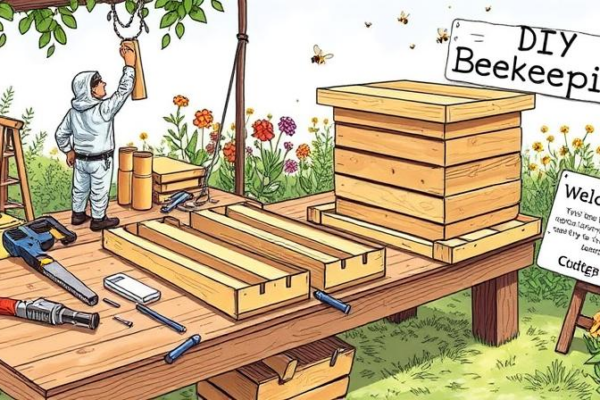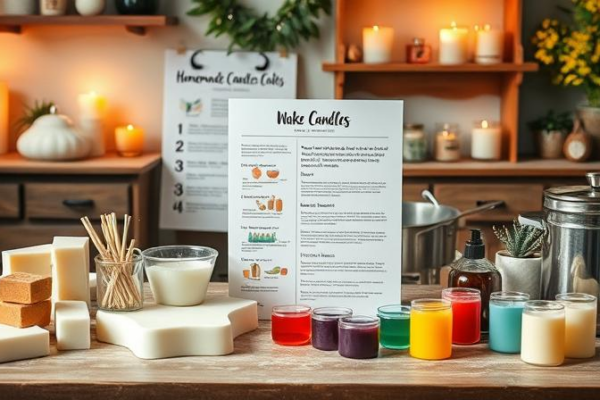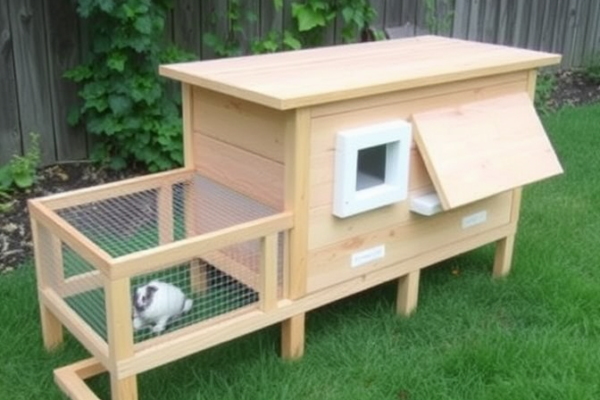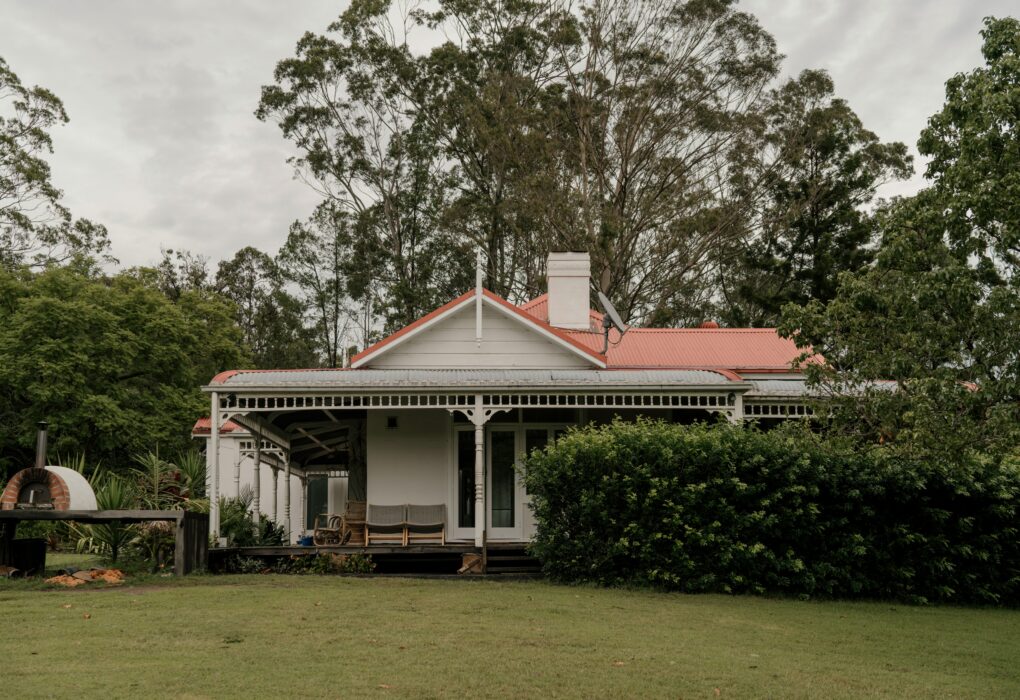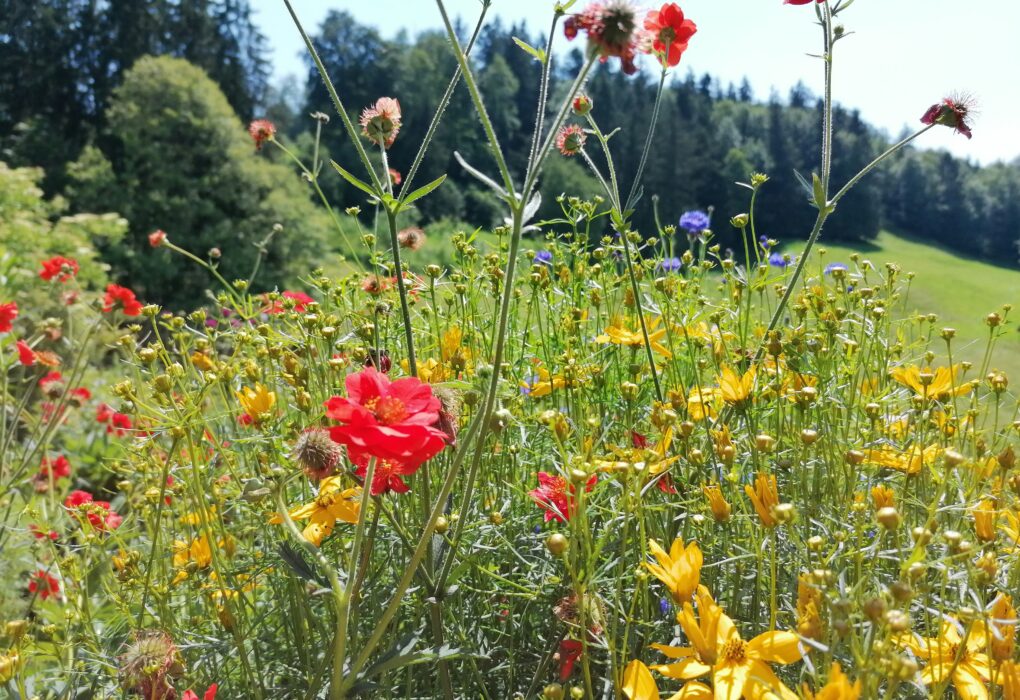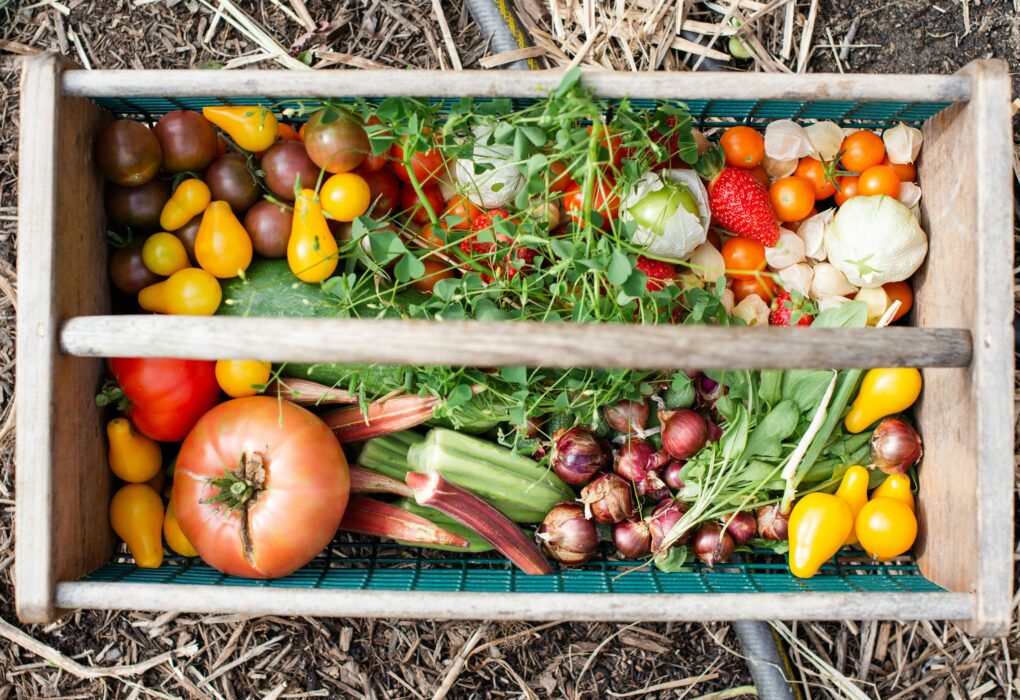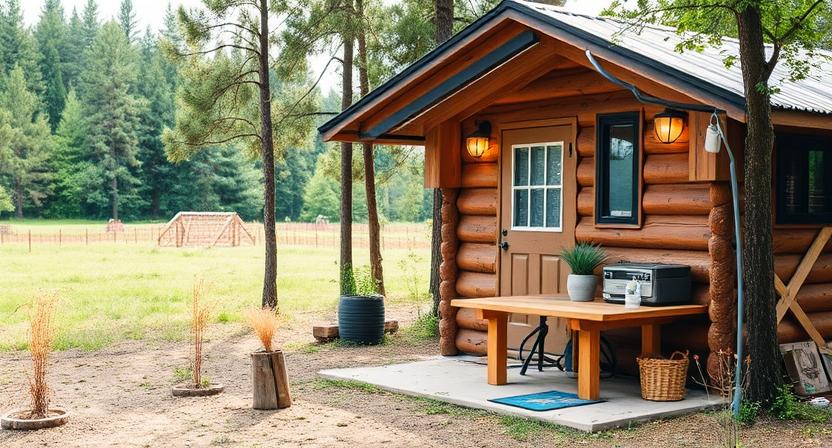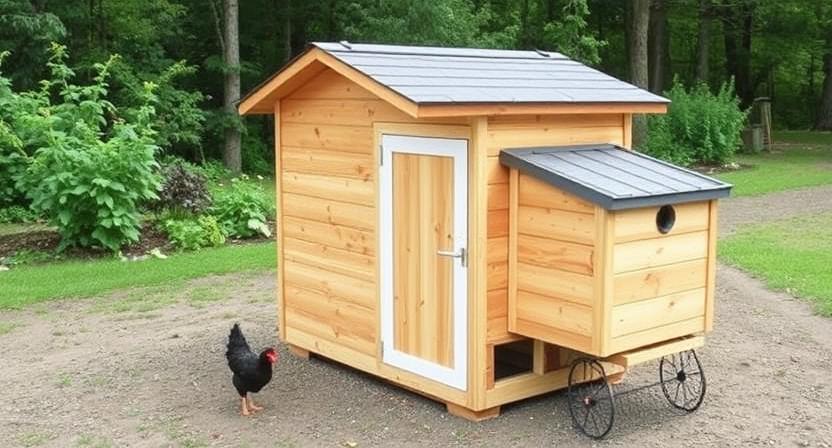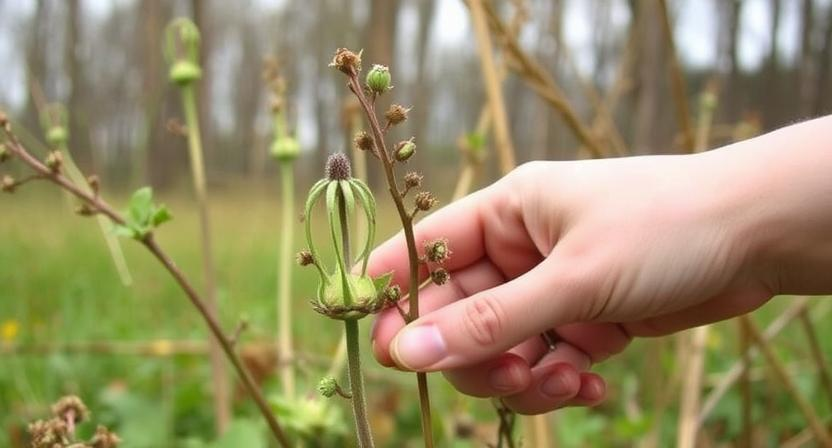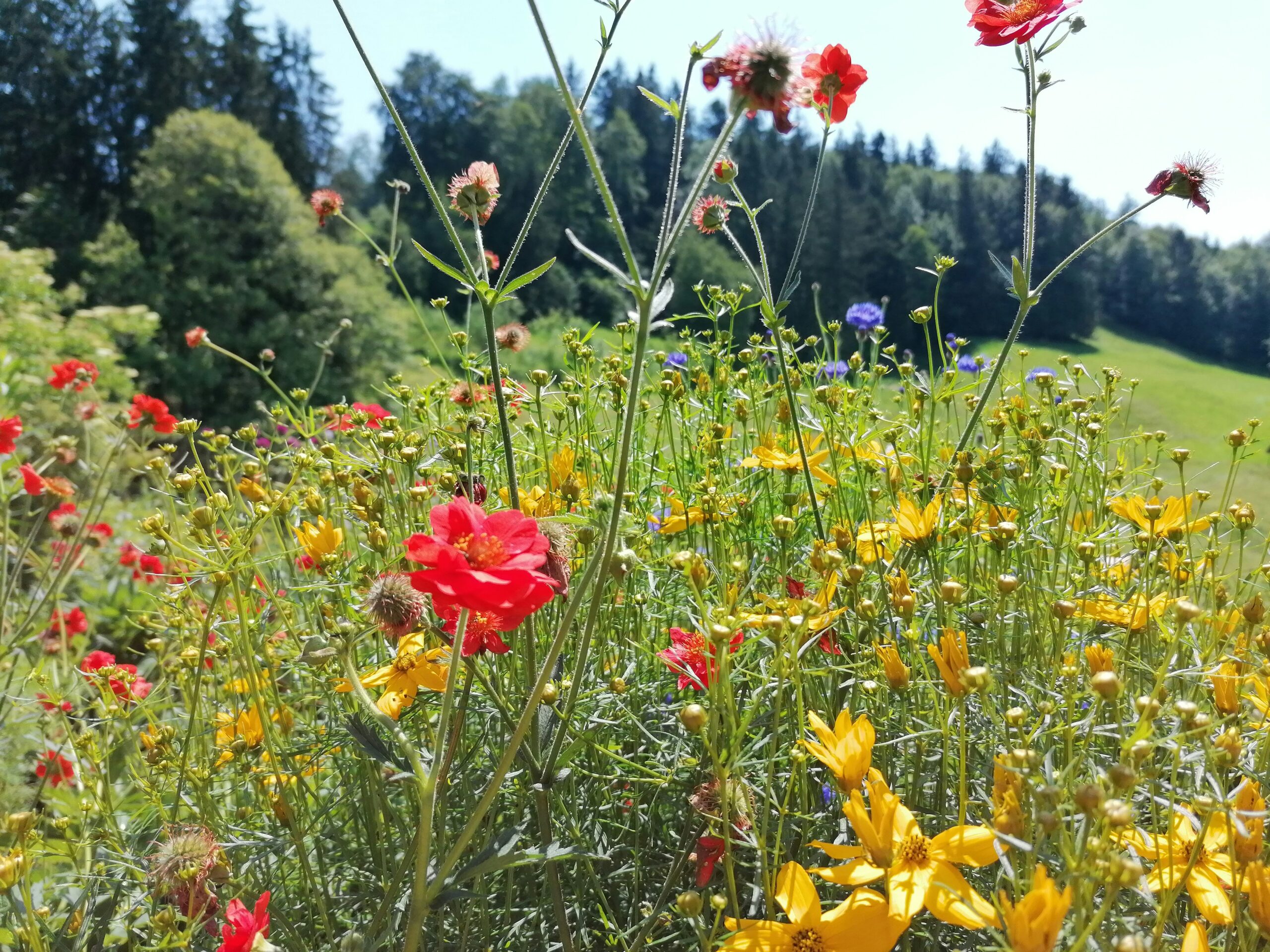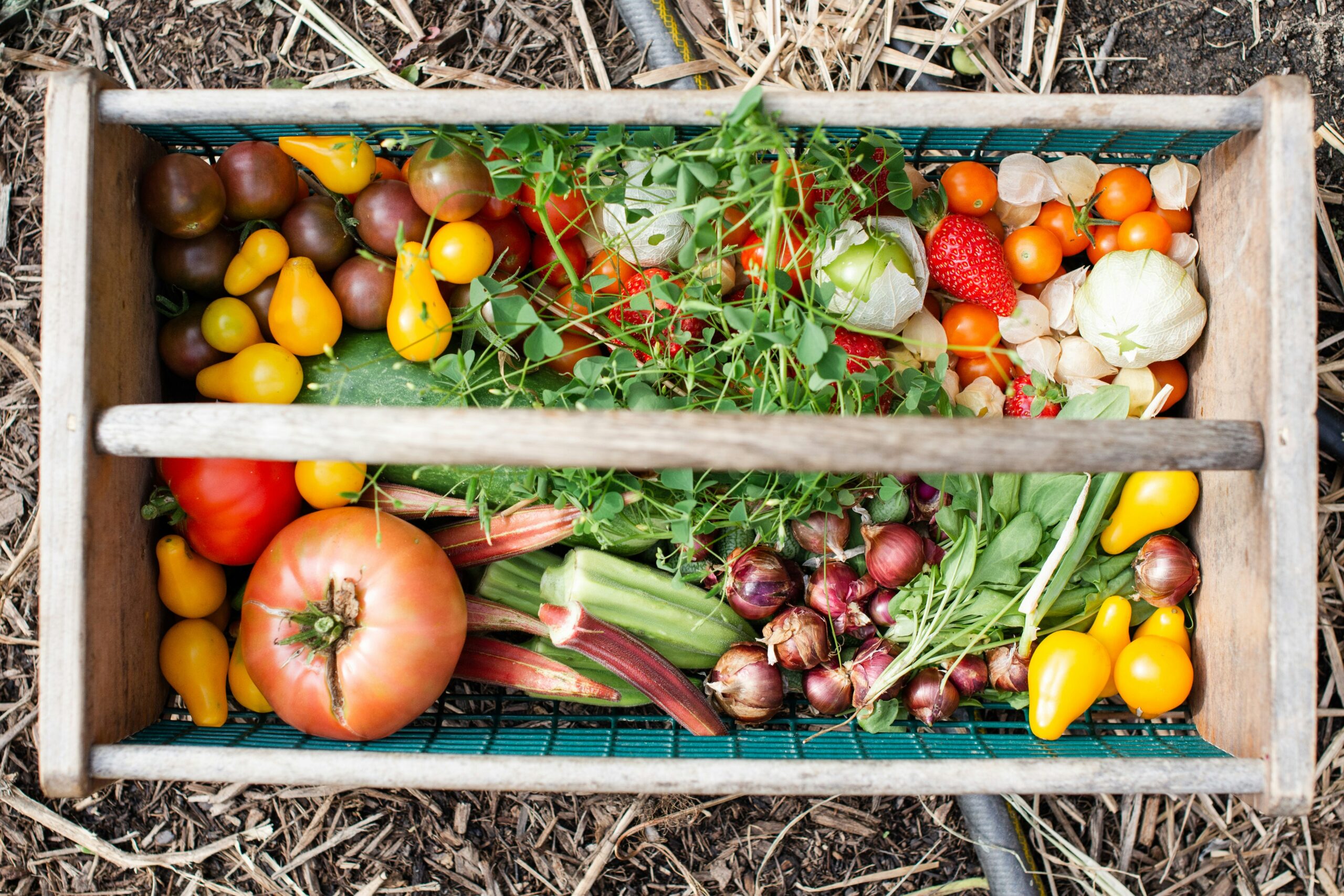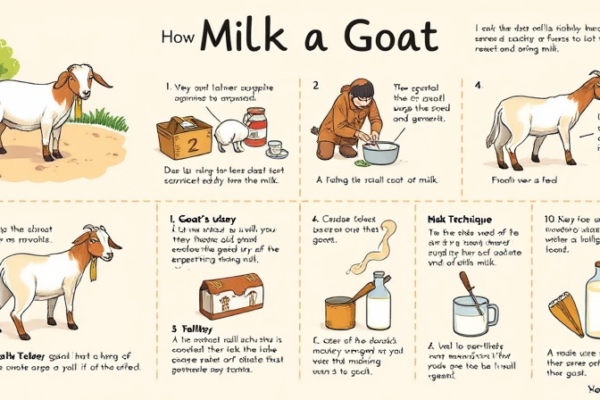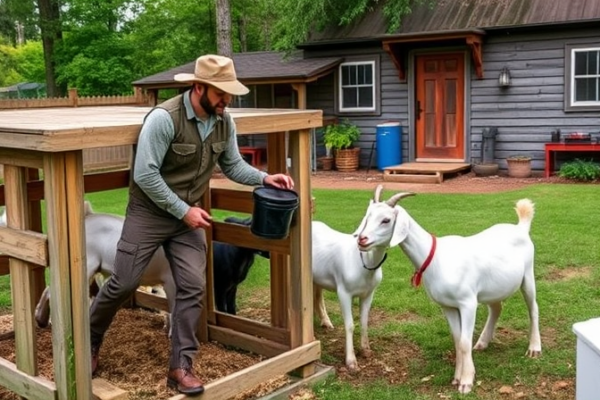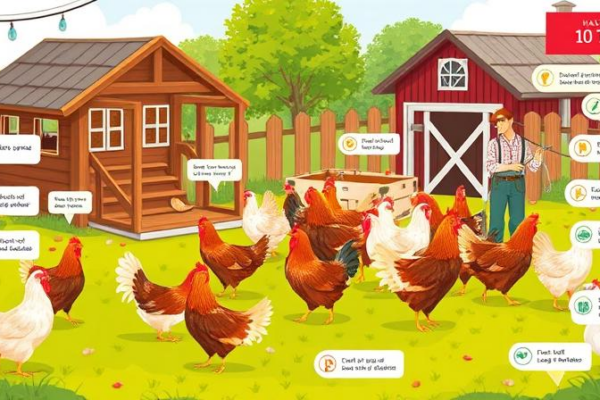

Repurposing Everyday Items for Homestead Use
Homestead Hacks: Creative Ways to Use Common Household Items In the realm of homesteading, everyday household items can serve multiple purposes beyond their conventional uses. Mason jars, for instance, extend their utility far beyond canning to efficient storage solutions for pantry staples, homemade candles, or even as rustic flower vases. These versatile glass containers add…
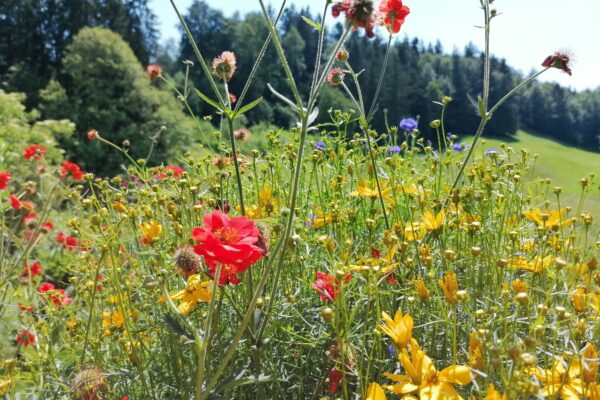
How to Create a Wildlife-Friendly Garden
Benefits of a Wildlife-Friendly Garden A wildlife-friendly garden offers numerous advantages for both the environment and the garden owner. By creating a habitat that supports local wildlife, such as birds, insects, and small mammals, you contribute to the preservation of biodiversity in your area. This can lead to a healthier ecosystem overall, with a better…

Hunting 101: Ethical Practices and Techniques
Ethical Considerations in Hunting Hunting is a traditional activity that has been practiced for centuries, but it comes with a set of ethical considerations that must be taken into account. One of the fundamental principles of ethical hunting is to respect the wildlife being pursued. Hunters should always aim to make clean and humane kills,…
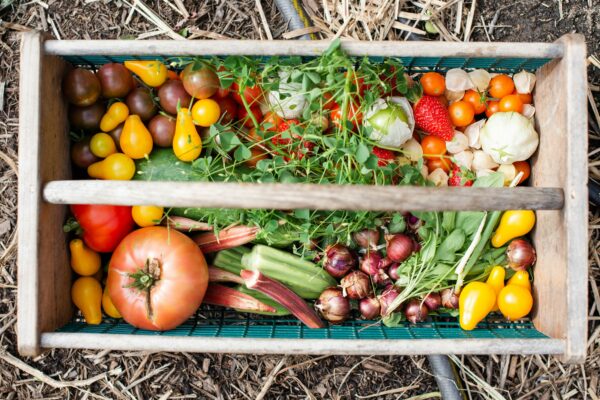
5 Easy Ways to Reduce Your Homestead’s Carbon Footprint
Ways to Reduce Energy Consumption Reducing energy consumption is a vital step in minimizing our environmental impact and lowering utility bills. One effective way to achieve this is by unplugging electronics and appliances when they are not in use. Many devices draw power even when turned off, known as standby power consumption, contributing to unnecessary…
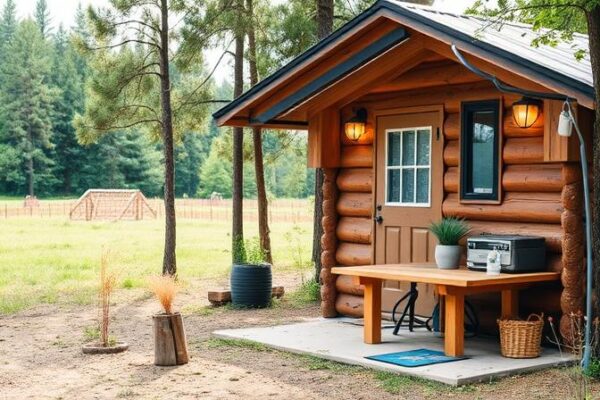
Living Off the Grid: Practical Tips for Beginners
Benefits of living off the grid Living off the grid offers a sense of independence and self-sufficiency that is hard to come by in traditional urban settings. Without relying on external sources for electricity, water, or food, individuals can feel empowered knowing that they have the skills and resources to sustain themselves. This lifestyle encourages…
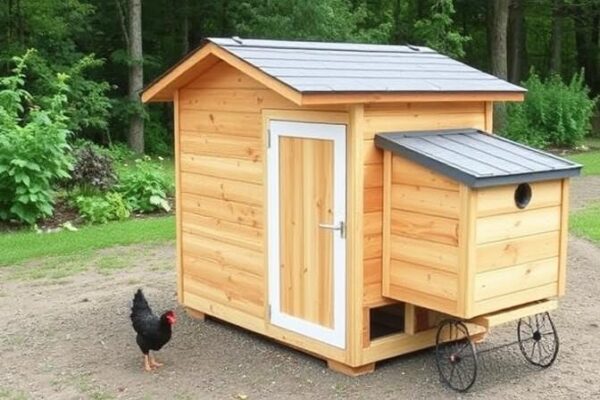
How to Build Your Own Chicken Coop from Scratch
Materials Needed for Building a Chicken Coop For building a chicken coop, you will need a variety of materials to ensure a sturdy and functional structure for your feathered friends. The essential materials include lumber for framing the coop, hardware cloth for secure walls, roofing materials for protection from the elements, as well as nails,…
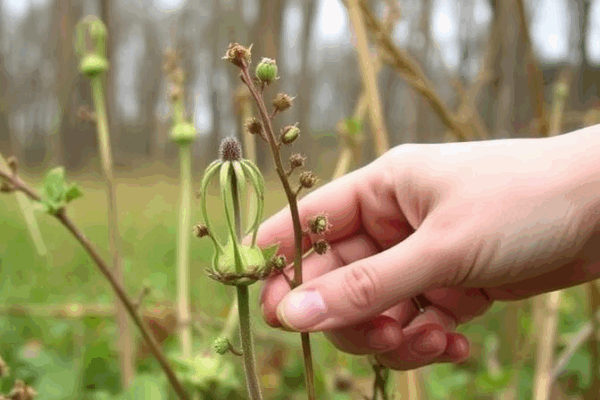
How to Identify Edible Wild Plants on Your Homestead
Identifying Edible Wild Plants When venturing into the world of foraging, correctly identifying edible wild plants is essential for a safe and enjoyable experience. Knowing how to distinguish between various plant species can mean the difference between a delicious addition to your meal and a potentially harmful mistake. One key aspect of identifying edible plants…
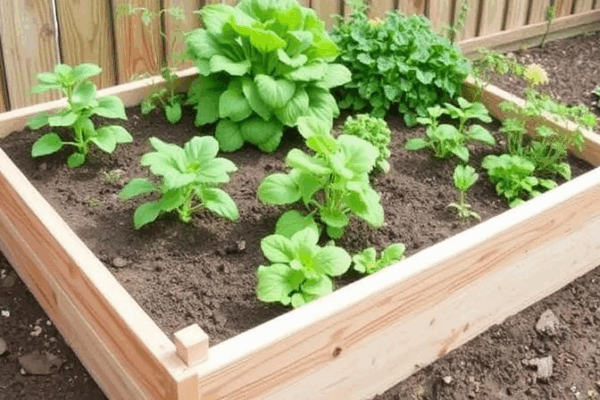
DIY Raised Garden Beds: Affordable and Easy Options
Benefits of Raised Garden Beds Raised garden beds offer a multitude of benefits to both novice and experienced gardeners. One of the primary advantages is improved soil quality, as these beds provide better drainage and aeration. This creates a healthier environment for plants to grow and flourish, leading to higher yields and healthier produce. Additionally,…
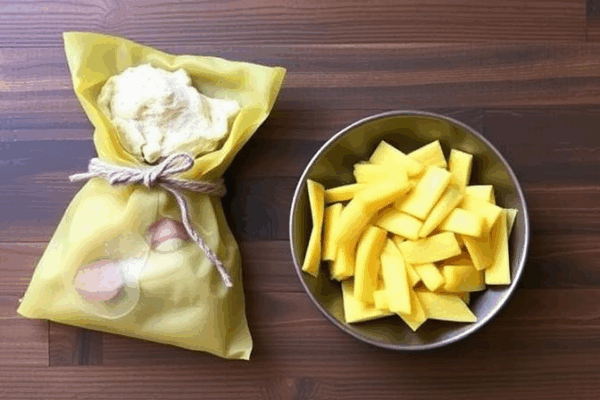
How to Make Beeswax Wraps for Food Storage
Materials Needed Beeswax wraps are a sustainable and eco-friendly alternative to plastic wraps, perfect for storing food and reducing waste in your kitchen. To create your own beeswax wraps, you will need a few key materials. Firstly, you will need 100% cotton fabric, preferably in various sizes to cater to different storage needs. Look for…
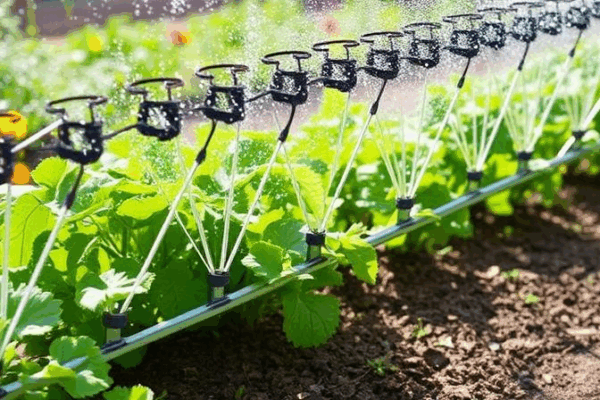
DIY Irrigation Systems for Homestead Gardens
Advantages of Installing an Irrigation System for Your Homestead Garden One significant advantage of installing an irrigation system in your homestead garden is the convenience it provides in watering your plants. With an irrigation system in place, you can automate the watering process, saving you time and effort. This ensures that your garden receives a…


